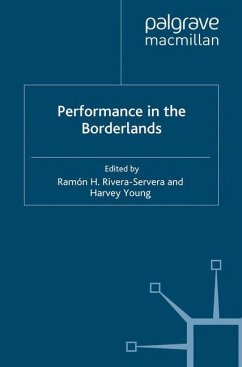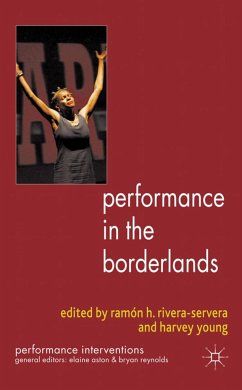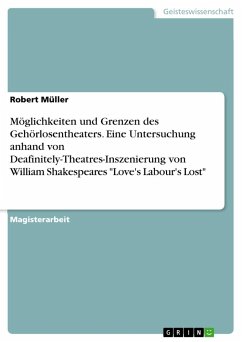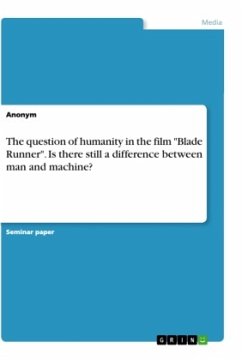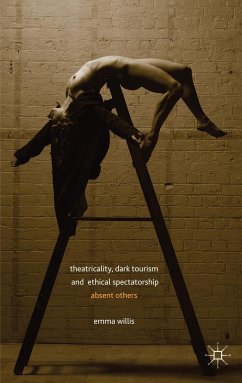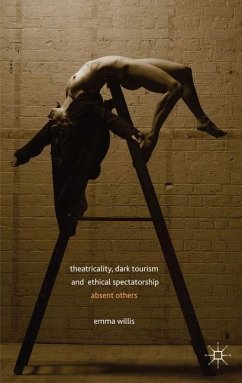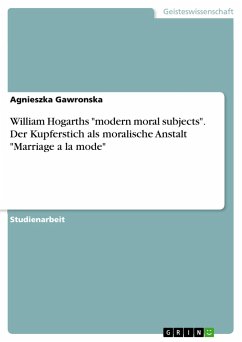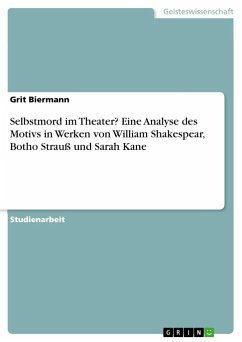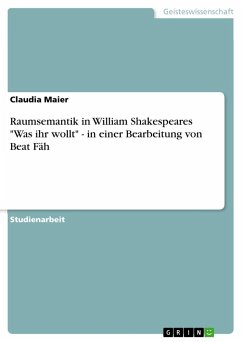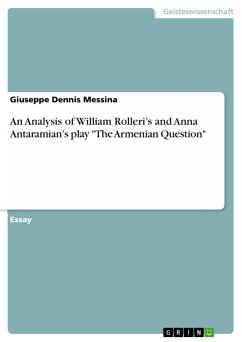
An Analysis of William Rolleri¿s and Anna Antaramian¿s play "The Armenian Question"

PAYBACK Punkte
0 °P sammeln!
Essay aus dem Jahr 2009 im Fachbereich Theaterwissenschaft, Tanz, , Sprache: Deutsch, Abstract: There may be three things that shape the identity of the Armenian Diaspora and the Armenian people: the food, the music, and most importantly the remembrance of the Armenian Genocide in 1915. The genocide is present in music, literature, and movies. During the 20th century, Armenian playwrights have rediscovered the topic for the theatre and were thus able to bring the genocide back into the mind of both Americans and Armenians. This paper analyses William Rolleri's and Anna Antaramian's play The Ar...
Essay aus dem Jahr 2009 im Fachbereich Theaterwissenschaft, Tanz, , Sprache: Deutsch, Abstract: There may be three things that shape the identity of the Armenian Diaspora and the Armenian people: the food, the music, and most importantly the remembrance of the Armenian Genocide in 1915. The genocide is present in music, literature, and movies. During the 20th century, Armenian playwrights have rediscovered the topic for the theatre and were thus able to bring the genocide back into the mind of both Americans and Armenians. This paper analyses William Rolleri's and Anna Antaramian's play The Armenian Question, published in 1977. The play embeds real interviews and experiences of genocide survivors in a fictitious hearing which takes place in the 1970s while the world is suffering a devastating famine. A Turkish general wants the board to raise the food ratio for the Turkish people and meanwhile the board interrogates genocide survivors who in compensation strife for justice. In the play the conflict between the Turkish General and the Armenian witnesses is representative for the conflict between Turkey and Armenia. The fictitious setting of the play functions as a background for the message, namely that Armenians strive for justice against the Turkish government and that they want Turkey to name it a genocide. The text is a hybrid genre between reality and fiction, but the key point is that the drama wants to inform people about the cruelties which have happened in 1915. Linda Hutcheon has coined the term of "historiographic metafiction" for novels which are situated in the past with fictitious elements. There can be different levels of reality and truth is continually negotiated. Although this term so far has only been applied to novels, I'd like to argue that there is an equivalent in The Armenian Question, which also plays with the perception of reality. Firstly, the genre of the documentary theatre is being outlined. Secondly, there will be an introduction to the concept of historiographic metafiction. Subsequently, a close reading of the play will be performed and lastly, the findings will be summed up in a conclusive statement.




